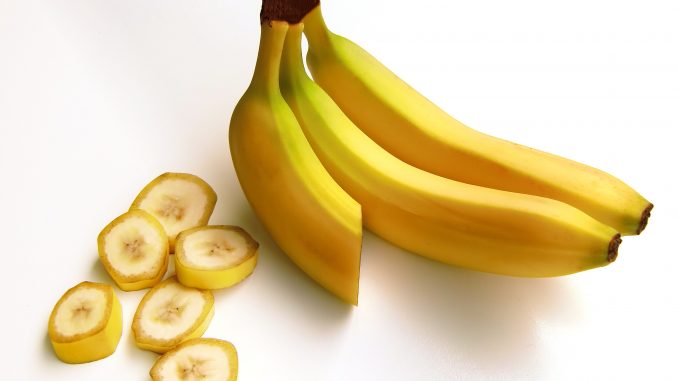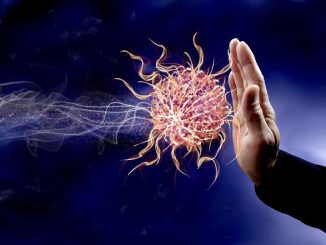
Consumption of bananas could prevent cardiovascular disease and stroke, according to the researchers.
Bananas are one of the most consumed fruits in the world, but not only because of the pleasant aroma and sweet taste. Today, bananas are grown in at least 107 countries and are ranked fourth among the world’s food crops in terms of monetary value. Given the growing consumption of bananas, it is not surprising that many are wondering what benefits these fruits have for health.
Bananas are an extremely nuritional fruit, not only delicious. Because they contain several essential nutrients, bananas provide benefits for digestion, heart health and weight loss. It is a convenient snack, loved by both adults and children.
The benefits of bananas for health are many, and include:
- Ensuring the supply of essential minerals (potassium, magnesium, vitamin B6, vitamin C)
- Regulating glucose sensitivity (thanks to pectin, a type of dietary fiber)
- Encouragement of digestion (due to fiber and starch contained in green bananas)
- Encouraging Weight Loss (Because They Are Fat And Low In Calories)
- Reducing the effects of free radicals (due to the antioxidant content)
- Reducing the risk of kidney disease (through potassium intake)
- Avoiding muscle cramps after exercise (caused by electrolyte imbalance)
Bananas protect the heart
Potassium is an essential mineral for heart health, with a particularly important role in controlling blood pressure. Potassium plays an important role for every heartbeat. Hundreds of thousands of times a day, potassium helps to trigger heart movements, to transport blood through the body. Potassium also helps in muscle movement, nerve function, but also helps in optimal kidney function and blood filtration.
Bananas are an excellent dietary source of potassium. Therefore, a high potassium diet can help lower blood pressure, and people who eat high potassium have up to 27% lower risk of heart disease. High potassium intake has been associated with a lower risk of heart attack. myocardial and ischemic stroke, as well as lower mortality in older women, especially those who are not hypertensive.
Because they contain a high level of potassium, bananas can stop the blockage of blood vessels and inhibit calcification and narrowing of the arteries. Researchers from the University of Alabama, United States of America, discovered the effects of these fruits after analyzing mice at high risk of heart disease.
Laboratory mice were fed either low, normal, or high levels of potassium. The results show that the arteries of guinea pigs fed a diet low in potassium have become significantly thickened. In contrast, guinea pigs with a high potassium level had lower artery stiffness. As such, the researchers believe that this essential mineral, potassium, helps prevent heart attacks and vascular attacks in humans.
Other sources of potassium
Specialists recommend a dose of 3,500 mg of potassium per day, which can easily be obtained from foods such as:
- Fish (especially salmon)
- Chicken meat
- White beans
- Avocado
- Mushrooms
- Tomatoes
- Potatoes
- Broccoli
- Cabbage
How many bananas can you eat per day?
The human body is a complex system, which works with several nutrients and essential minerals. The best way to ensure the energy the body needs is to add products from each food group into the diet. From the base of the food pyramid to the top, they are: whole grains, vegetables, dairy, meat, sweets.
Although excessive consumption of bananas is rare, the recommended amount depends on the personal nutritional needs, but also on how ripe the fruits are. Green bananas are full of starch molecules, which turn into sugars as the fruit ripens. As long as you do not replace the main meals with bananas and body assurances all the necessary nutrients, eating as many bananas as you wish will not harm your health.



Leave a Reply